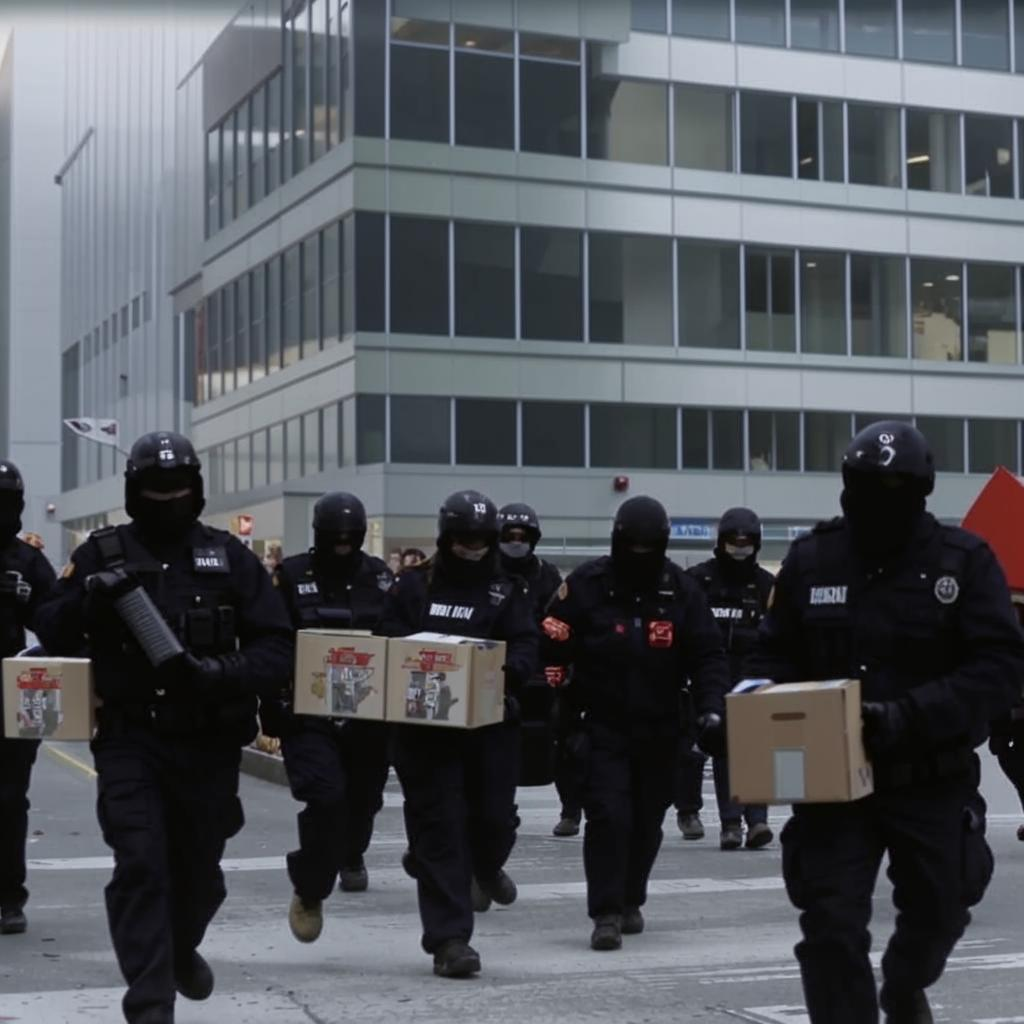The global labor shortage continues to confound economists, defying predictions that a looming recession would ease the pressure on employers. Despite growing fears of an economic downturn, companies across various sectors are still struggling to find and retain workers. This persistent shortage is driven by a confluence of factors, including shifting demographics, early retirements, skills gaps, and changing worker expectations.
Many older workers opted for early retirement during the pandemic, reducing the overall workforce. Furthermore, the skills required for many available positions don’t align with the skills possessed by job seekers, creating a mismatch that exacerbates the shortage. Simultaneously, employees are increasingly demanding better wages, benefits, and work-life balance, making it harder for employers to fill vacancies with the right talent.
The ongoing labor shortage has several implications for the global economy. It can lead to wage inflation, as companies compete for a limited pool of workers. It can also hinder economic growth by limiting businesses’ ability to expand and meet demand. Additionally, it may force companies to invest in automation and technology to reduce their reliance on human labor. As the global economy navigates uncertainty, businesses are under intense pressure to adapt. This pressure to adapt calls for thoughtful and forward-thinking strategies to attract and retain talented employees in a challenging labor market.















